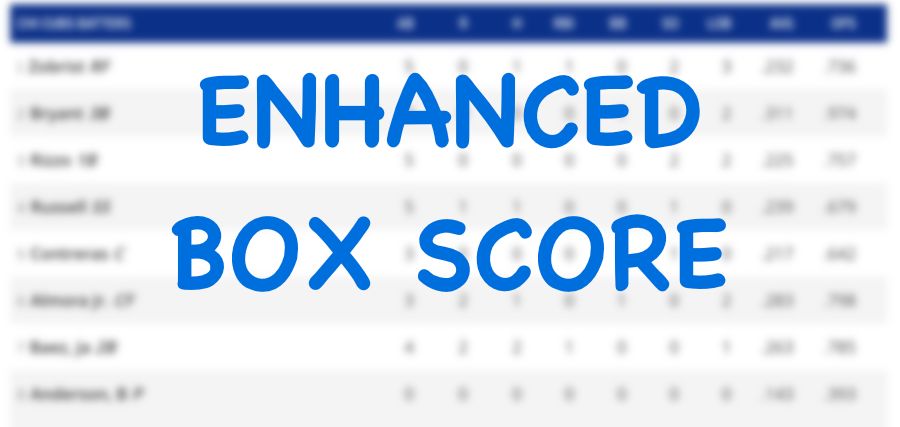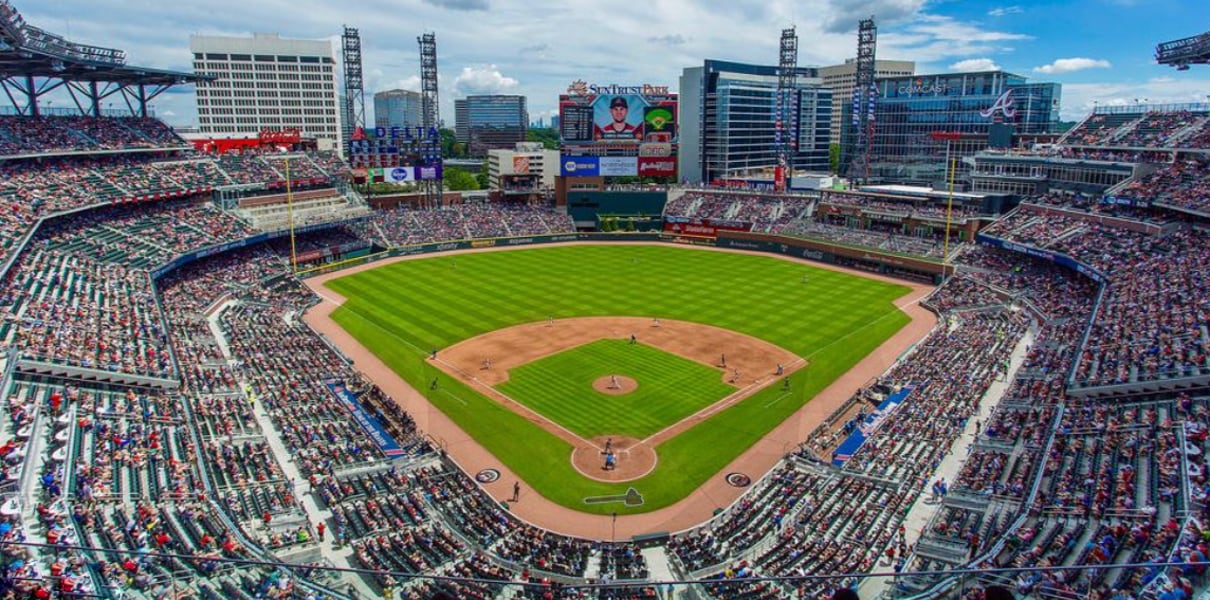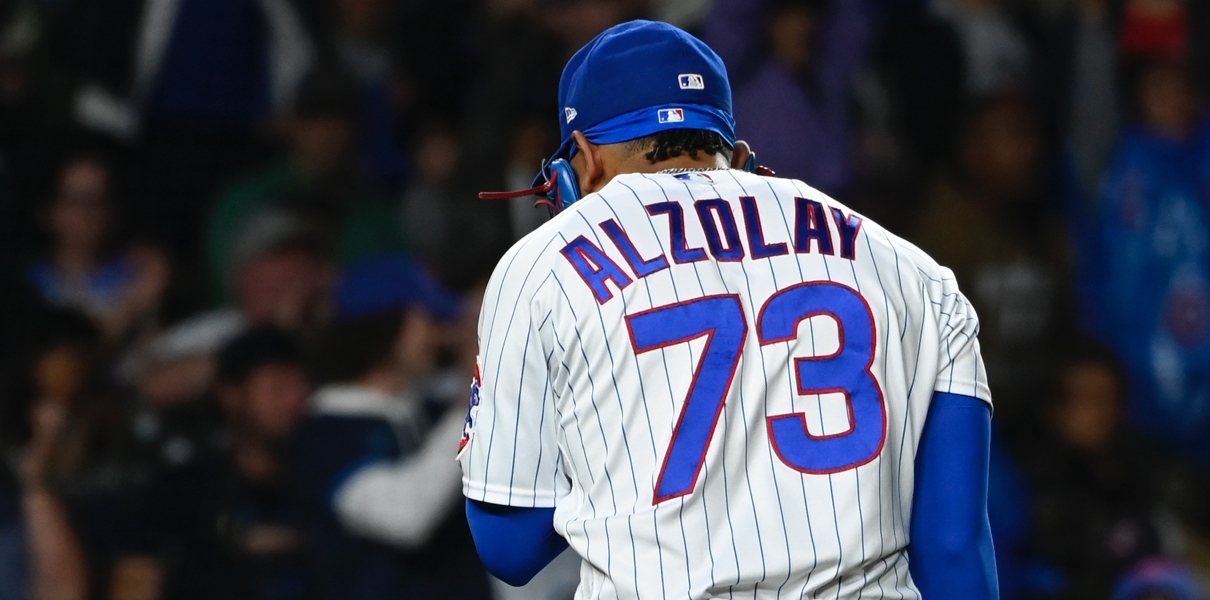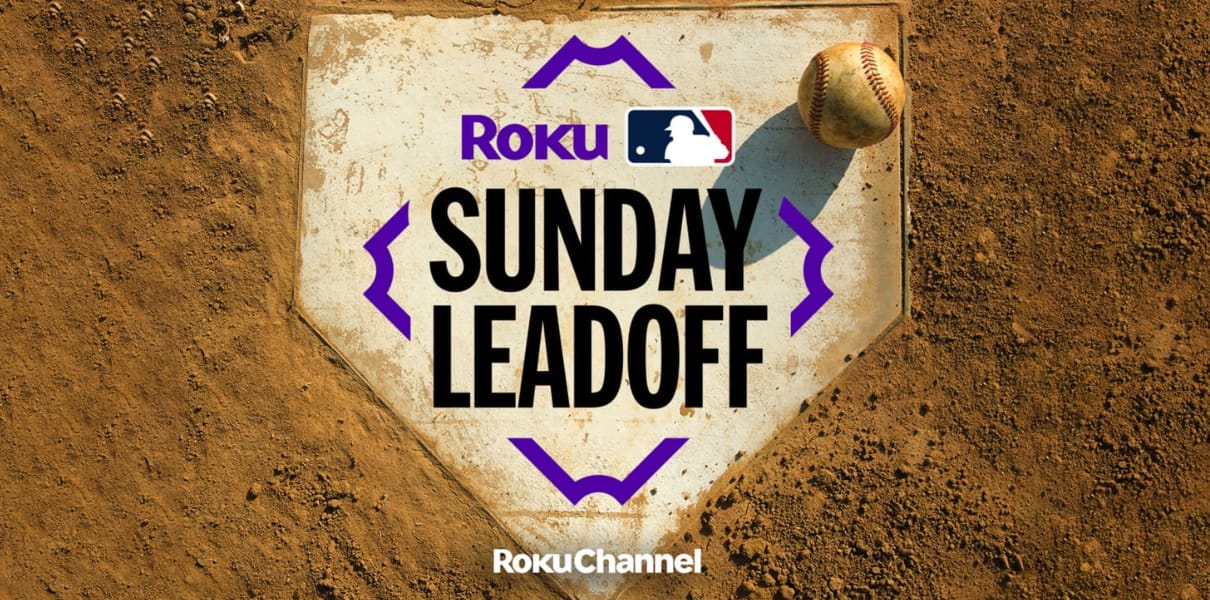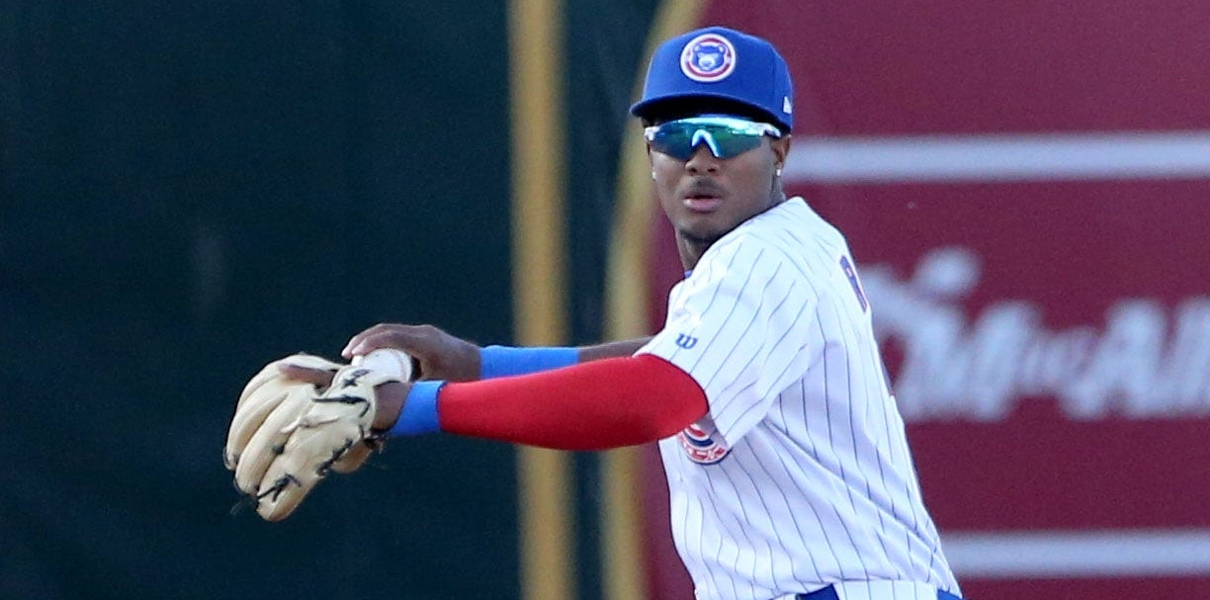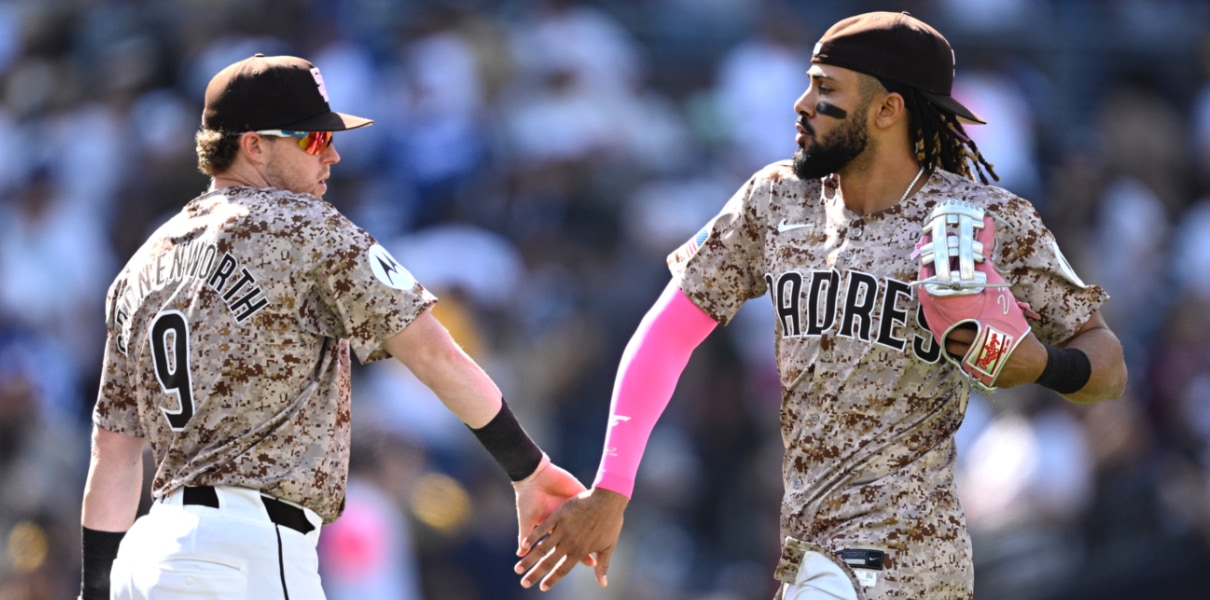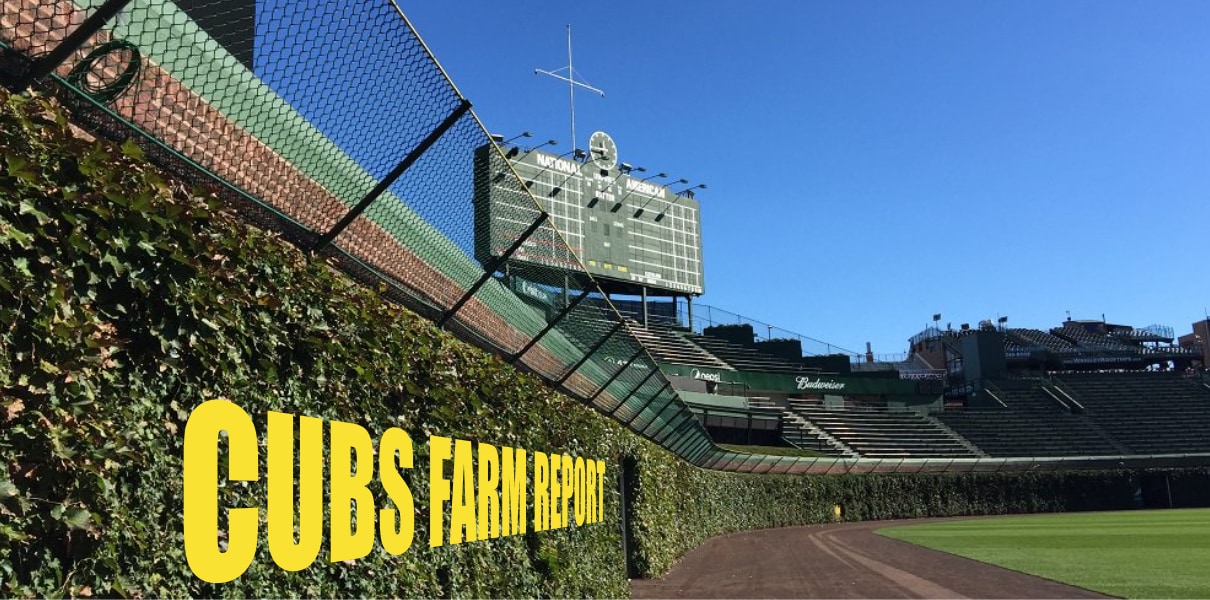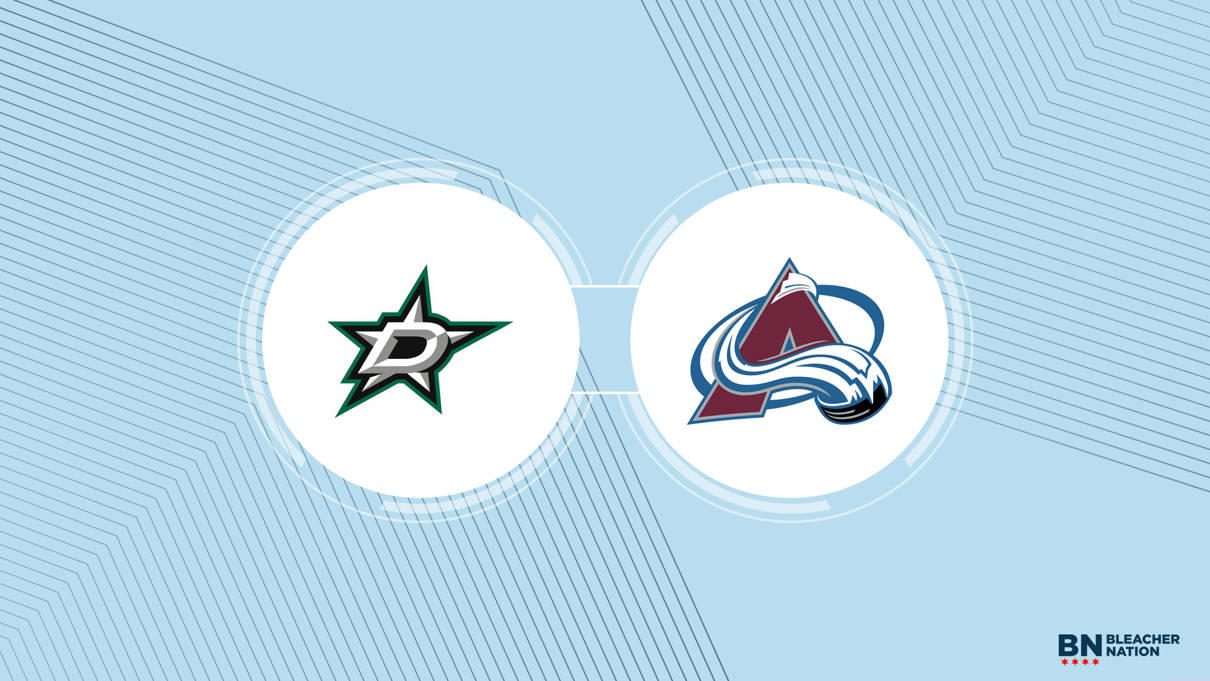Thanks to a Supreme Court decision of dubious reasoning and utility (I legit studied that one in law school!), Major League Baseball enjoys an exemption from federal antitrust laws, despite being a massive business that engages in commerce all over the country. That exemption, which allows the league to act as a monopoly, has been challenged periodically in court, and indeed is currently the subject of a longstanding lawsuit by minor league players and a newly-filed lawsuit by minor league teams that lost their affiliations last year.
But the exemption also comes up not infrequently when it is time to do some political grandstanding. For example, last year, when MLB decided to move the All-Star Game out of Georgia, a group of politicians rattled sabers about stripping MLB of its antitrust exemption, which is indeed something Congress COULD do legislatively if they wanted. That never went anywhere.
The latest political mention comes up tonight via Senator Dick Durbin from Illinois, who doggonit just wants his Cubs baseball back (probably):
Enough. After almost 100 days of the MLB lockout, it’s time to reconsider MLB’s special antitrust exemption, which allows them to act as a lawful monopoly. Fans across America deserve better.
Message to the owners: unlock the lockout and play ball.
— Senator Dick Durbin (@SenatorDurbin) March 10, 2022
To be sure, this is theater. I don’t think this kind of thing ever goes anywhere, given the kind of large coalition and political will you’d need to ACTUALLY put together and push through legislation on this. Hold some hearings, maybe. That’d be about the max you would realistically see.
But that doesn’t mean the topic isn’t important, or that owners want this kind of thing being discussed publicly by a sitting U.S. senator. It’s an ugly look for them, which, well, probably doesn’t matter that much. But it’s quite clear that MLB doesn’t ACTUALLY want to have its antitrust exemption threatened, and if the lockout did carry on for many more weeks or months, this kind of thing would become much more commonplace.
We’ll see if there’s any fallout from this, or if any other politicians sign on, so to speak. The lockout is still in place thanks to no CBA reached tonight at MLB’s latest deadline.
Also, if you want more antitrust primer, here are some of my previous thoughts:
You can’t really get into the news here without a little background on antitrust law in the United States, and Major League Baseball’s special standing in relation to those laws.
Antitrust law is basically all about preventing artificial and/or unfair restraints on competition. Businesses, for example, can’t get together and collude to artificially restrict the supply of Product X so that they can jack up the price in Market Y, and they cannot create monopolies that exclude others from competing. If you’re wondering, then, how it is that MLB artificially restricts and/or monopolizes all kinds of things without any issue, it’s because the entity and its teams are exempt from U.S. antitrust law.
Major League Baseball’s exemption from antitrust law is, concededly bizarre. It was the product of the sport getting to a certain level of business success at a very specific time in American history, overlapping with a belief that it was more than a business. Treating MLB like any other business simply didn’t make sense to those in charge in the 1920s, and then the Supreme Court left that exemption in place in the infamous Flood v. Kuhn decision., admitting in the process that MLB did engage in interstate commerce, should be subject to antitrust laws … but wouldn’t be because it’s just kinda special. (Seriously! The U.S. Supreme Court did that! It was strange!)
Is that enough background? If you want more, you can read that link there on the Flood v. Kuhn decision, and it’ll get you more. From where I sit, what you mostly need to know is that MLB and its teams benefit greatly from being exempt from antitrust law, a situation that is extremely pro-business/pro-big-owner/etc. Striking down MLB’s antitrust exemption has long been the angle of extremely progressive politicians, and those who wanted to see – for example – minor leaguers get better protections and pay.




